By Abdulwarees Solanke
It is, indeed, troubling that most noble reform ideas, initiatives, projects and programmes are never welcome. Soon after the commencement of implementation, they ran into a glitch. They get abandoned.

What the government spent billions of dollars on in publicity and publications campaigns and rallies are soon consigned into waste bins of history. They become mere slogans to be remembered only in reminiscences.
Crafted as visions and agendas, they litter the pages of our national history as mere intentions without sincerity. You then ask, were the promoters not concerned about its prospects when conceptualising the project? Was there no research on its sustainability?
Therefore, whenever the government is contemplating any reform, crafting a vision or drawing an agenda for change, it must not concentrate only on the potential and intended beneficiaries or the supporters.
It must, indeed, give more consideration to the interest of those who the project or policy will negativelyand convert them first. The government should do this by making the populace understand that ultimately, they will gain from the reform initiative tremendously.
In the final analysis, the first condition for a successful reform is preparing the public for what it entails. This is because a new policy or reform initiative is necessarily a cultural shift, a total behavioural change.
It is a form of suicide, like class suicide when you have to jettison your bourgeoise class and join the league of the proletariats. You must become a plain and ordinary worker as you descend the aristocratic class ladder.
Reform is not a cake and coke affair but a thorny and bloody journey to Eldorado. It is also a long journey to Canaan those who began it may not end in the land of Promise but a new generation born in the middle or near the end of the journey.
Reform initiatives require transparency or openness from the government. They require communication and engagement with all the stakeholders. This is necessary to make them see reasons why the choice of the reform path is in their best interest.
Therefore, the government must also be willing to listen to the concerns of those impacted by a policy or reform initiative. It should factor these concerns into the policy adjustment when necessary.
More importantly, reform should be flexible and incremental in implementation with discretion exercised by the implementing or enforcing agents.
On the other hand, in genuine reform, you cannot eat your cake and still have it. You just need to go the whole hog. Going the whole hog, however, is not just the citizens accepting to bear the pains of change.
The government too must be sincere in not beholding to any special interest as if some are untouchables. No. A critical partner in the success or failure of reform and change initiatives are the members of the Fourth Estate of the Realm.
They set public agenda, and influence public opinion and mainstream issues to either galvanise opposition or serve as the advocates of those who the new order will adversely affect. Poor management of the elite mass media or the powerful press and public influencers, readily sound the death knell of many laudable policies and initiatives when the media power factor is negated or neglected.
No doubt, managing a policy environment or polity can be herculean needing smartness, alertness and sagacity by the government. The government can have internal saboteurs in the pursuit or implementation of a policy. The policy will necessarily hurt certain private, group or commercial interests.
It requires preparation, communication and accommodation, not exclusion. So, are we ready for genuine reform and change in Nigeria?
You require more than patience to endure the pains of reform and not mere palliatives as the cakes of tokenism that cannot holistically and pragmatically banish our poverty or hunger for real development, or end our enduring existential challenges. We need confidence building from the government.
We need visible progress reporting, robust monitoring and incisive evaluation to show how far we are succeeding, what milestones are we reaching or how we are meeting the benchmarks of performance.
The government also need to see how the public is rating it on each key performance indicator. And what critical success factors are aiding its performance in specific areas of intervention.
We need to see why we are failing or falling short in performance despite all the salient inputs that we provided to drive the achievement of the goals of the intervention programmes and initiatives.
It should make scapegoats of public officials or street-level bureaucrats who corrupt or compromise the process of implementation.
In all, it is all about how good and purposeful the entire governance framework and process of the programme or policy is. It is also about how strategic and SMART the management of its implementation is. Relevant stakeholders inclusiveness, transparent and accountable to the public, are also important.
Abdulwarees, a 2007 Commonwealth Broadcasting Association Scholar at the Universiti Brunei Darussalam is Deputy Director/Head of Department, Strategic Planning and Corporate Development Department, Voice of Nigeria, Abuja. (korewarith@yahoo.com 08090585723)
Do you have a flair for Citizenship Journalism? Share story(ies) of happenings in your area with The NewsZenith on WhatsApp: 08033668669 or thenewszenith@gmail.com
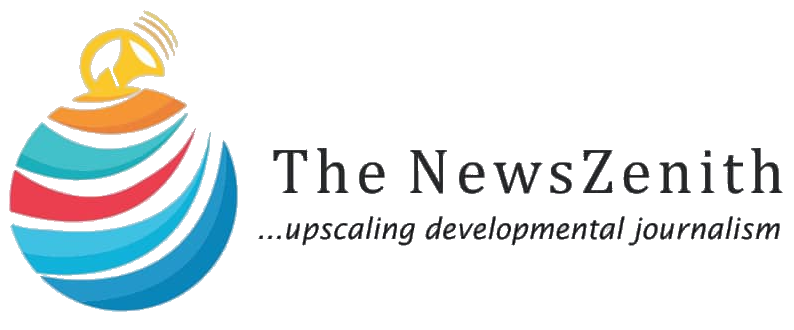

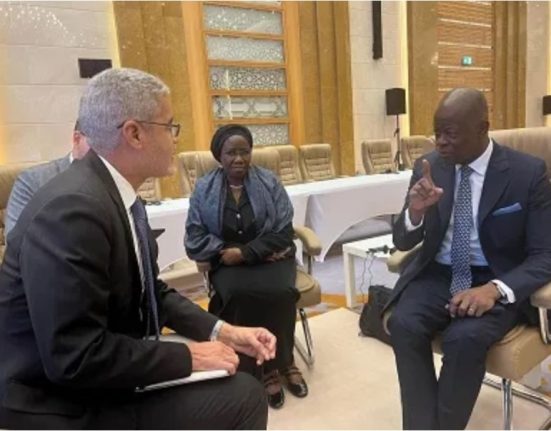
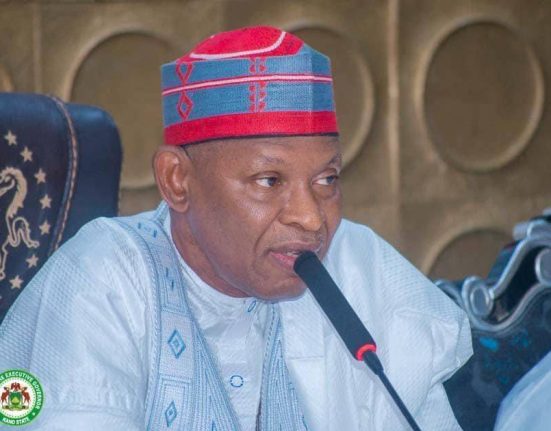
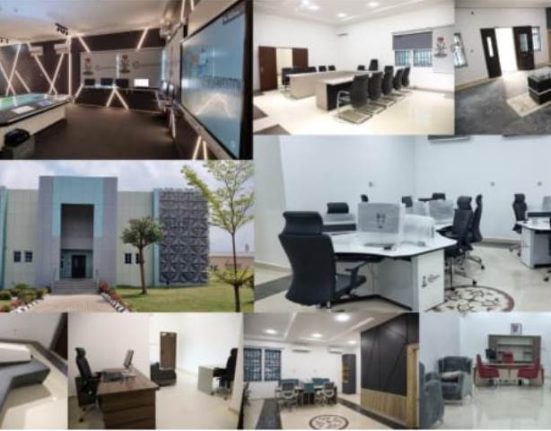

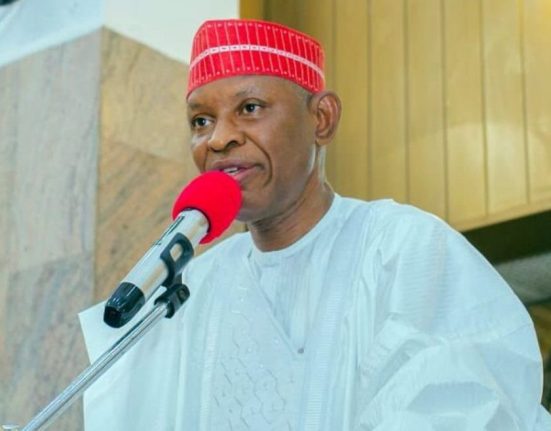
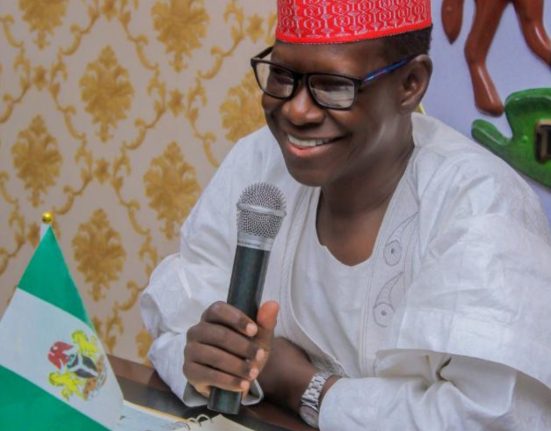
4 Comments